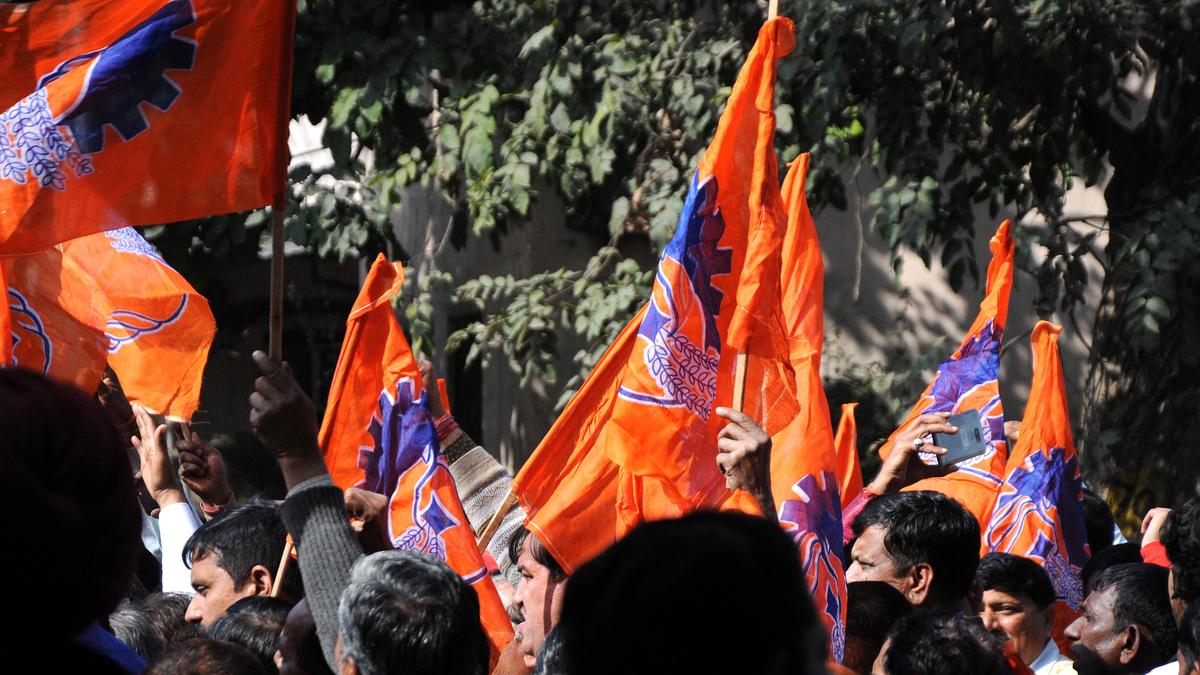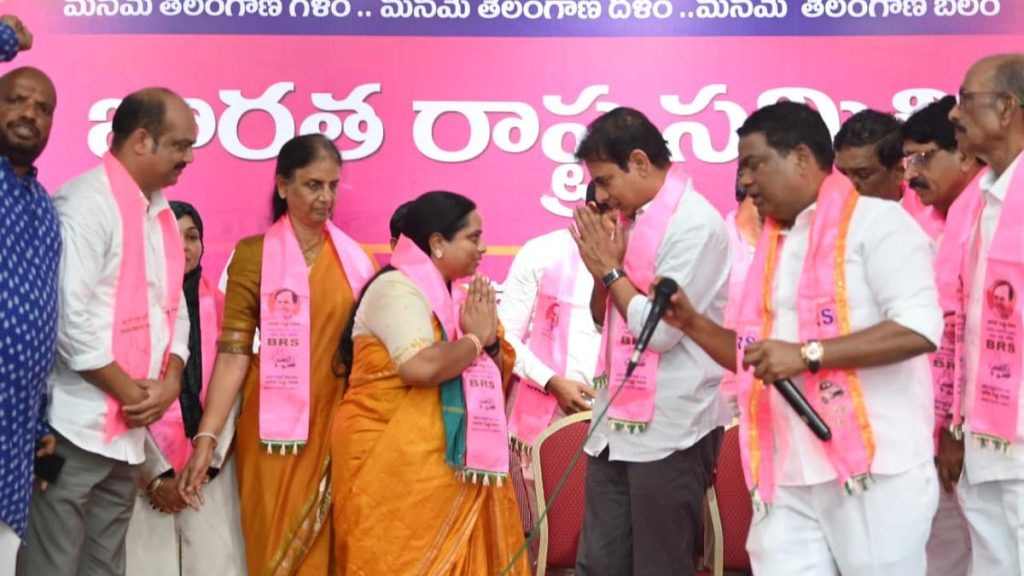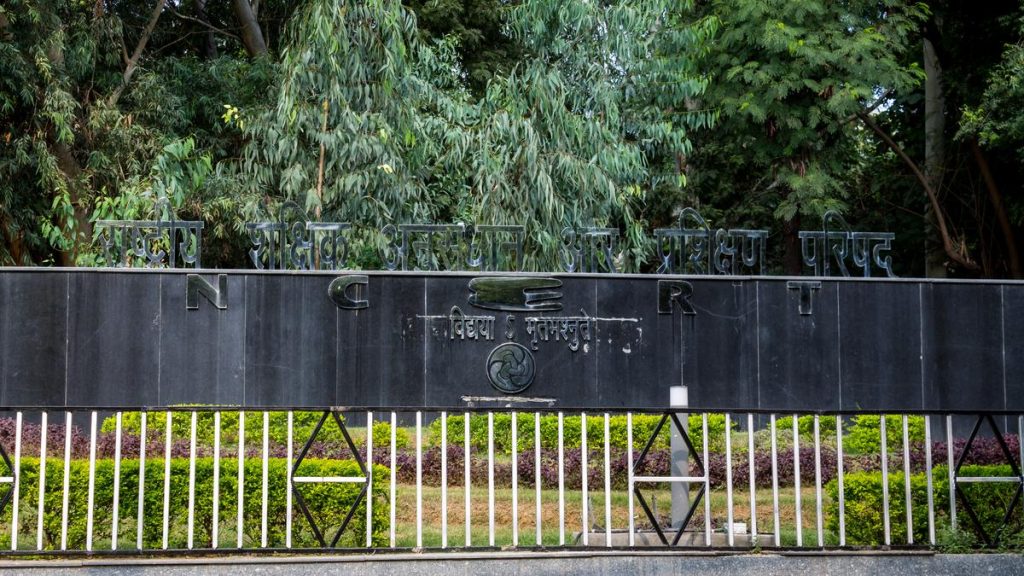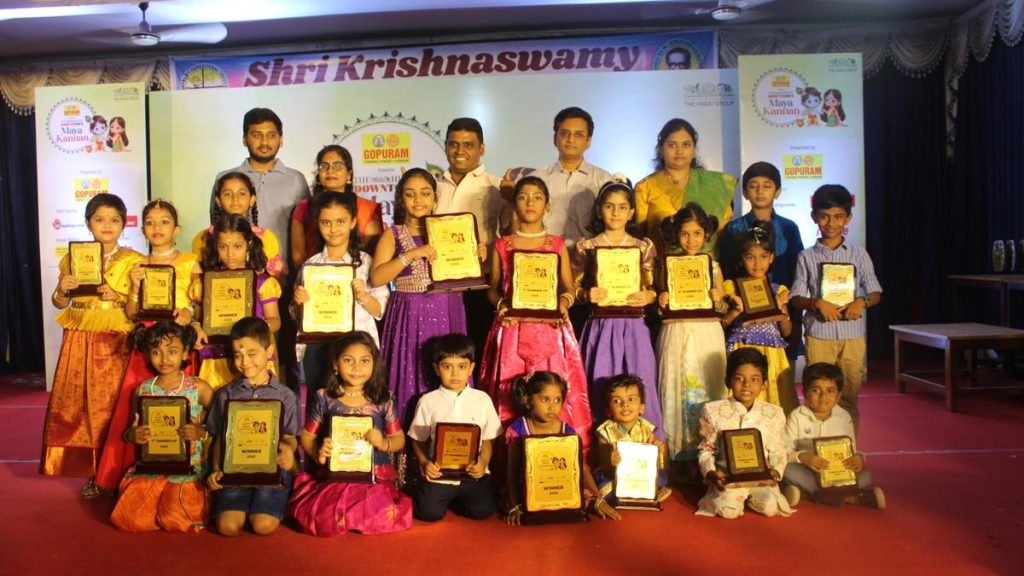Now Reading: RSS Labour Wing Urges Swift Rollout of Wage and Social Security Codes
-
01
RSS Labour Wing Urges Swift Rollout of Wage and Social Security Codes
RSS Labour Wing Urges Swift Rollout of Wage and Social Security Codes

Quick Summary
- Demand for Labour Code Implementation: The Bharatiya Mazdoor Sangh (BMS) urged the Central Government to implement the Code on Wages and Code on Social Security immediately.
- Context: these demands were outlined during the BMS’ 159th central executive council meeting from August 22-24, 2025, in Bhopal.
- Labour Codes Overview:
– The Code on Wages ensures minimum wages and timely payments.
– The Code on Social Security expands benefits like Provident Fund and insurance to organised, unorganised, gig, and platform workers.
- Concerns with Other labour Codes: The BMS opposes certain clauses of the Industrial relations Code and the Occupational Safety, Health and Working conditions Code that they consider unfavorable to workers’ interests.
- Request for Indian Labour Conference (ILC):
– Urged convening of ILC for discussions on labour challenges; it was last held in 2015.
– Cited meaningful technological and economic transformations since then as necessitating urgent dialogue among tripartite stakeholders (government, employers, workers).
- Support for Workers in Haryana & Criticism of Facial Recognition System:
– Welcomed Haryana’s move to regularise contract workers under Kaushal Vikas Yojana.
– Opposed the Union Women & child Welfare Ministry’s facial recognition system for Anganwadi workers due to practical challenges leading to employee harassment.
Indian Opinion Analysis
The BMS’ call highlights pressing issues regarding India’s evolving labour surroundings. Their push for phased implementation of key labour codes underscores potential benefits for formalizing sectors like gig work while maintaining sensitivity toward existing worker concerns about specific provisions. Convening an ILC after an eight-year gap seems prudent given rapid shifts in employment landscapes driven by digitalization.Additionally, their critique of policies such as facial recognition systems sheds light on laborers’ operational challenges when new technologies are inadequately implemented. While supporting proactive regional measures such as Haryana’s worker regularization initiative may inspire broader reforms across states, ensuring alignment between policy goals and ground realities remains critical.
Read more at The Hindu.

























